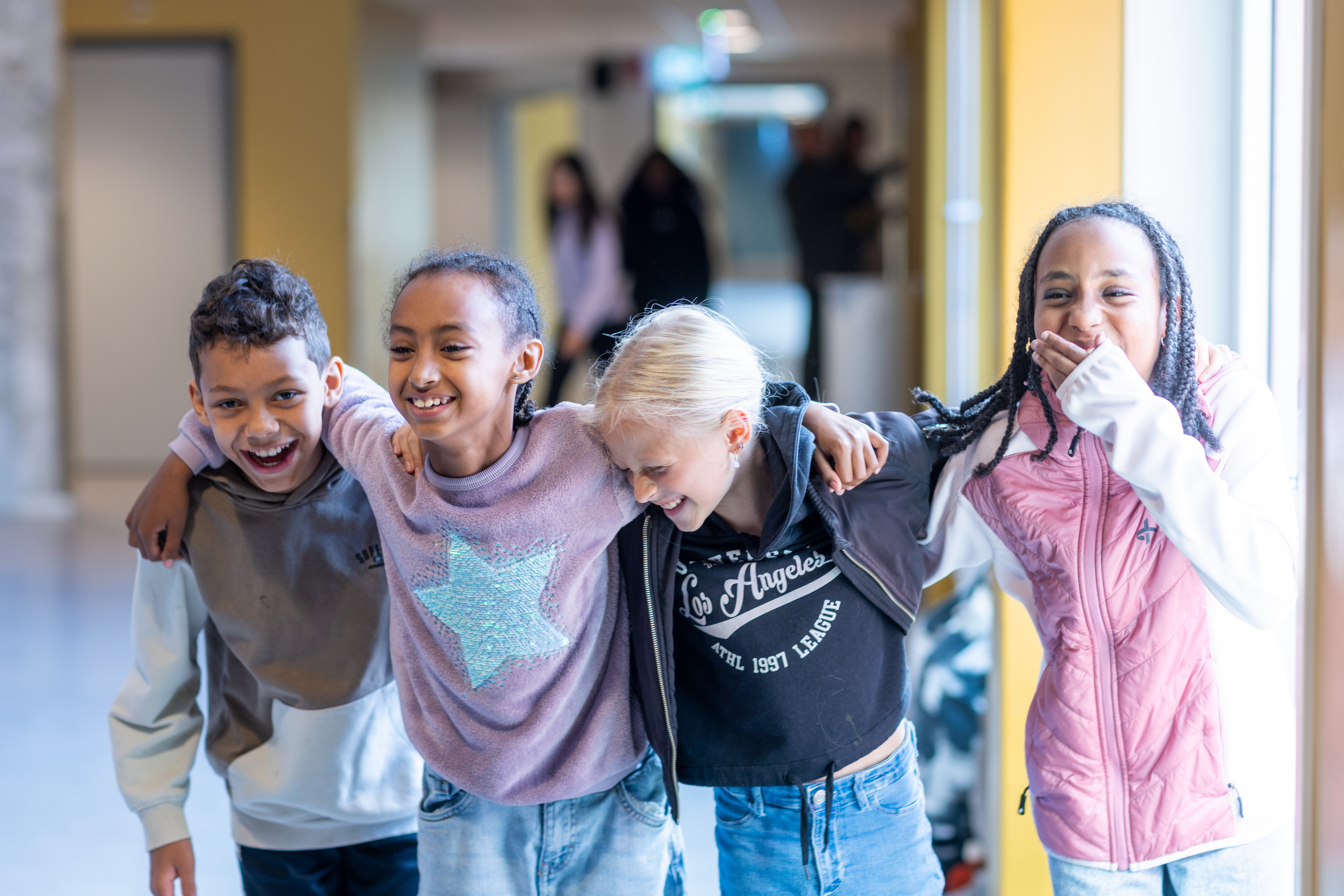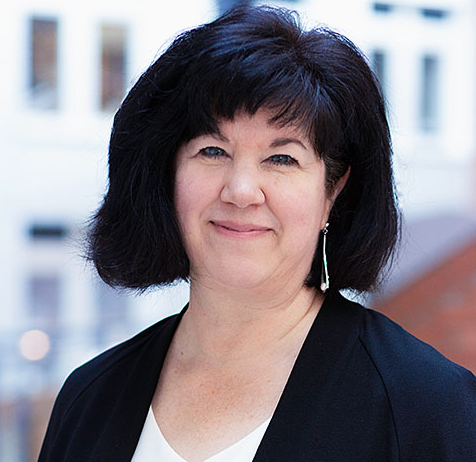
“The thing that distinguishes a good, high-quality school is that school life is a positive springboard into adulthood. To succeed in this, it is fundamental that students gain knowledge through gifted teachers who are able to interact with different individuals in the right way for the specific student – and in a safe and calm environment that enables learning,” according to Ms Kirk Johansson.
“We have been developing processes to ensure quality within our operations ever since the beginning thirty years ago, but this work has become more and more structured over the years,” she says.
“An important step was taken in 2008 when we introduced our annual quality surveys for students, teachers and parents, and these have formed the foundation of our quality improvement activities ever since. We use input from the responses to measure both hard value, in other words academic results, and soft value, i.e. how the school environment is perceived, and then focus on identifying effective ways to address any shortcomings.
“We’ve also been using a new tool called the academic dashboard for the past couple of years, which enables both IES as an organisation and our schools to view and compare grading and monitor results at an individual level. This helps us to rapidly provide support to individual students and ensure integrity in grading in every school.”
WHAT ARE THE CURRENT QUALITY GOALS AT IES?
“First and foremost to constantly grow the proportion of students who qualify for upper secondary school; and for our own upper secondary school the goal is to give more students the chance to study at university. Our second goal is to constantly perform better in the national tests and always strive for integrity in grading. The national tests are the best independent knowledge indicators we have in Sweden – and we always want to be better than the national average. It’s important that the results of these tests correlate well with the final grades we set. These are becoming increasingly consistent, which is very positive.
“Furthermore, our goal is that more parents, employees and above all students recommend us. For us to succeed, our students must enjoy going to school, think the lessons are interesting and appreciate their teachers – this is the ultimate proof of quality in what we do.
“For parents, quality means receiving information continuously about whether their children enjoy school and how well they are performing. The monthly mentor conversations are very important in this. But in-person meetings are also important, which means getting parents to visit the schools. Due to the pandemic many of them have become used to digital meetings and it’s been difficult to convince them back since then. That’s a goal for us going forward.
“For teachers, quality means feeling that they develop in their work, have career opportunities and receive support from management, teaching colleagues and other staff.”
WHICH FACTORS DOES IES SEE AS MOST IMPORTANT FOR ACHIEVING QUALITY?
“The single most important thing is clear, strong leadership. The principals of our schools are our cultural ambassadors and are responsible for making sure that the organisation lives up to our quality standards. To ensure this we have a thorough selection process for appointing principals, and we consider both internal and external candidates, plus we have comprehensive training for principals. They have to know what we mean by quality and how it should be achieved. We put a lot of effort into helping the principals in different ways. For instance, we’ve created a quality calendar so that they can see what and when they’re meant to do something related to the formal quality work during the academic year.
“The structure of IES has always been built on teams with clear leaders. As an example, teaching teams have a subject leader to support the other teachers in the subject, this is the head of department. The teachers of each year are also organised under a leader, the head of year.
“It’s also about leadership in the classroom and corridors. I’m convinced that the presence of strong adults and clear rules creates a sense of safety for the students, and safety creates enjoyment. It’s also important for each student to feel seen and appreciated. Everybody needs to feel liked.
“To achieve quality we must pay attention to every detail, create a culture where academics is interwoven with student care, and where the students’ best guides everything we do. Every student must be everybody’s student and responsibility.”
WHAT ARE THE GOALS FOR QUALITY IMPROVEMENT GOING FORWARD?
“Ensuring integrity in grading is something we constantly work with, it is so important to our students’ future.
“We must also become even clearer in our definition of great teaching. As the education provider operating schools we do not want to decide what happens in the classroom, but we must provide our teachers with tools and ideas to help them develop their teaching – it’s a science, but it’s also an art. When we visit the classrooms during our quality rounds, we see many examples of engaging teaching and fantastic teachers. It’s important to share these so that they can inspire colleagues. Teachers and the classroom teaching of students form the backbone of IES and are our main strength. The thing we are most recognised for is probably our order and structure, but these are simply hygiene factors that lay the foundation for good teaching and create the best possible conditions for learning.
When I was the principal of the IES school in Borås I was once asked by a student what I did all day long. I had to think before I then replied: “I dedicate my entire time, every day, to giving you the best school day that day.” As head of education this is still my goal.
